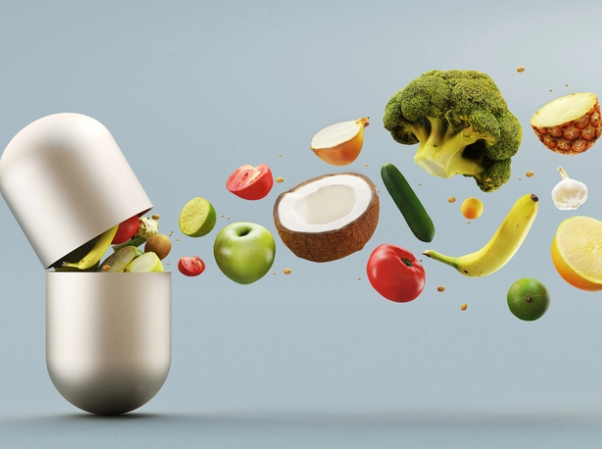By Julie Bramley, Market Insights & Research Consultant, IRI
New Zealand consumers want it all in 2022 – and when it comes to what we eat, this goes beyond basic sustenance, great taste and value. As the lines between grocery and natural health become progressively blurred, shoppers are actively seeking out foods that not only provide fuel, but a myriad of other health benefits. From enhanced sleep to optimised brain function, hormone balance to gut repair; Kiwis are increasingly looking to the pantry in addition to as the vitamin bottle for a wellbeing fix.
This is the conclusion from market research experts IRI, who have been monitoring how the pandemic has magnified the macro trend of health and wellbeing. While IRI have seen the natural health category booming – growing 13% across total grocery and pharmacy in the past year 1 – data indicates it is no longer simply about supplements. With research revealing nearly two thirds of New Zealanders believe food can be as powerful as medicine2, multiple grocery categories are adapting their strategies to meet demand for products that pack a health punch.
According to a recent IRI industry survey carried out in conjunction with Food and Grocery Council members3, one in three FMCG suppliers intends to make their products healthier over the next 12 months, and many have already pivoted.
A clear sign of this is in the area of immunity – where both traditional natural health products and foods have seen the impact of the most widespread cold and flu season in five years. Immune-boosting cold and flu supplements have grown 46% in the past year, and the gains made by food products with immunity callouts on their packaging have also been significant. These have grown in sales revenue by 20% over the past 12 months, and 31% since 2021.4
Another area where the crossover between supplements and pantry staples has been significant is in digestive health. Supplements supporting digestion have enjoyed annual growth sales of 15.5%1, largely driven by the social media-inspired popularity of using apple cider vinegar supplements for weight loss. This has fuelled heightened interest in the core ingredient of the apple cider vinegar itself, with most brands selling bottled options enjoying increased demand.
Healtheries is a great example of a brand who has taken advantage of consumer demand for edibles that go the extra mile. Having seen sales of their apple cider vinegars jump 13% in the past year, they have doubled down on the trend by launching an option which also boasts immunity benefits including vitamin C and zinc.

Products promoted as an elixir to cure all ills are undoubtedly enjoying a moment in both the food aisles and pharmacy, as seen in the case of bone broth. Acclaimed for everything from anti-ageing and bone strengthening to improving digestion and immunity, it is being snapped up in all forms. As a cooking ingredient, it has enjoyed growth of 20%, while over in dietary supplements, Nature’s Way’s bone broth powder has also grown 20% in the past two years.1
There is no question health-led innovations in the food and beverage sector will continue to appeal to consumers’ quest for better wellbeing and stronger immunity. The intersection between natural health products and functional food formulations provides opportunity for exciting collaborations and growth. Moving forward, wellness will be an essential element of any food brand’s strategy.
Sources:
1.IRI MarketEdge, New Zealand, MAT to 26/06/22, Grocery and Pharmacy (including projected CWH)
2. IRI State of the Industry Household Shopper Survey Oct 2021, 3. FGC/IRI Industry Cost Benchmarking Survey May 2022, 4. IRI MarketEdge, New Zealand, MAT 07/08/22, Grocery



